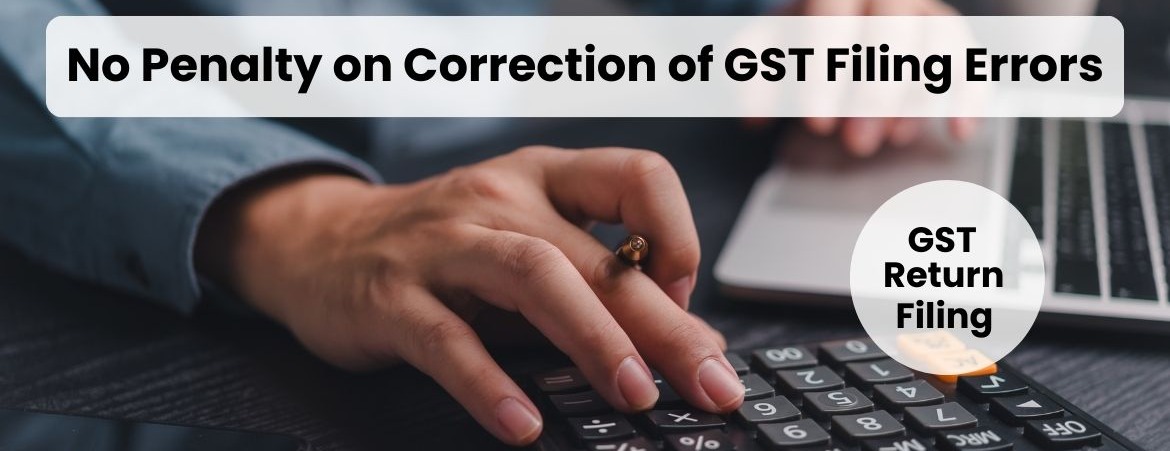A.P. Chowdhri, J.@mdashThis revision petition is directed against order dated 16-3-1985 of Judicial Magistrate 1st Class, Chandigarh discharging the accused on the ground that the offence for which the accused had been summoned were barred by limitation u/s 468 of the Code of Criminal Procedure.
2. The factual background leading to the present revision is that the Petitioner made a complaint against the Respondent for offences under Sections 161, 204, 340, 347, 306, 409, 420, 442, 466, 468 and 469. Indian Penal Code, on 20th May, 1981. After recording preliminary evidence, Judicial Magistrate 1st Class summoned the Respondent for offences under Sections 304, 347 and 500, Indian Penal Code. Some further evidence of the complainant was recorded. An application was then moved by the Respondent for dismissing the complaint on the ground that the same was barred by limitation provided u/s 468 of the Code. The application was resisted by the complainant. By the impugned order, however, the learned Magistrate allowed the application and dismissed the complaint as barred by limitation and discharged the Respondent.
3. It is necessary to state a few more facts in order to bring out the real point. According to the complaint filed by the Petitioner, he had served as a Sectional Officer in Hydel Circle (Construction), Malakpur Pathankot, from 1968 to 1972. The Respondent was posted as-Inspector in the Vigilance Department at Pathankot during that period. In October, 1976, the Petitioner resigned from the Government job and started his on own business. He had family relations with one Sh. B.N. Gupta, who retired from service as P.S.E. (Class I). On a telephone-call from the wife of Sh. B.N. Gupta, the Petitioner went to his house on 23-12-1977. The Respondent put Sh. B.N. Gupta under arrest in a certain case relating to E.C. Bags and Sleepers. The Respondent asked the Petitioner to take Sh. B.N. Gupta in his car to Police Station, Sector 17, Chandigarh, to avoid his exposure in police custody. The Petitioner accordingly took Sh. B.N. Gupta in his car to Police Station, Sector 17, Chandigarh, where not only Sh. B.N. Gupta, but the Petitioner as well were locked up in the police lock-up. The Petitioner moved various authorities for having been arrested without any rhyme or reason and in a mala fide exercise of the powers vested in the Respondent. It was further alleged that the complainant was relieved of a sum of Rs. 10,406/- by the Respondent after his illegal arrest. The result of inquiry held by the Government and intimated to the Petitioner vide Exhibit PW 3/1 vindicated his stand that the Respondent arrested the Petitioner mala fide and had committed various offences against him.
4. After hearing learned Counsel for both the parties, I find that the revision petition must be allowed as the order of the learned Magistrate is unsupportable. There is no merit in the contention of learned Counsel for the Respondent that for purposes of limitation only the offences, for which the accused had been summoned, had to be kept in mind. The issue of process u/s 204 of the Code is ordered where the complaint is not dismissed u/s 203. It is not necessary to mention any particular offence or offences in the summoning order. All that is required is that the Magistrate taking cognizance of an offence should be of the opinion that there is sufficient ground for proceeding. Where certain offences are mentioned as in this case, it cannot be taken to mean that the accused is discharged or absolved of the remaining offences. In a warrant case, the stage of framing the charge after recording complainant''s evidence is the stage where the Magistrate applies his mind and hands a prima facie case against the accused and frames the charge. In other words, the learned Magistrate in the instant case was clearly in error in dismissing the complaint on the ground that cognizance could not have been taken of the offences for which the accused had been summoned ignoring the other offences for which limitation had not yet expired. In this view of the matter, it is of no use to say that the passing of the summoning order did not debar the accused from taking the plea of limitation. K. Hanumantha Rao v. K. Narasimha Rao and Ors. 1982 Cr. L.J. 734, relied upon by learned Counsel for the Respondent is thus of no assistance.
5. Learned Counsel for the Respondent also argued that the complainant having failed to file a revision against the summoning order in which only certain offences were mentioned, he was debarred from disputing the fact that the accused had been summoned only for those offences. In the view that I have taken, this argument cannot prevail. The stage at which the Magistrate has to decide that there was prima facie evidence to support a charge for a certain offence is the stage when charge is framed. That stage was yet to be reached. The order under revision is, therefore, without jurisdiction and the same is set aside. The learned Magistrate shall proceed with the criminal complaint and dispose of the same according to law.
6. The parties, through their counsel, are directed to appear before the trial Magistrate on 19th April, 1989. for further proceedings.

